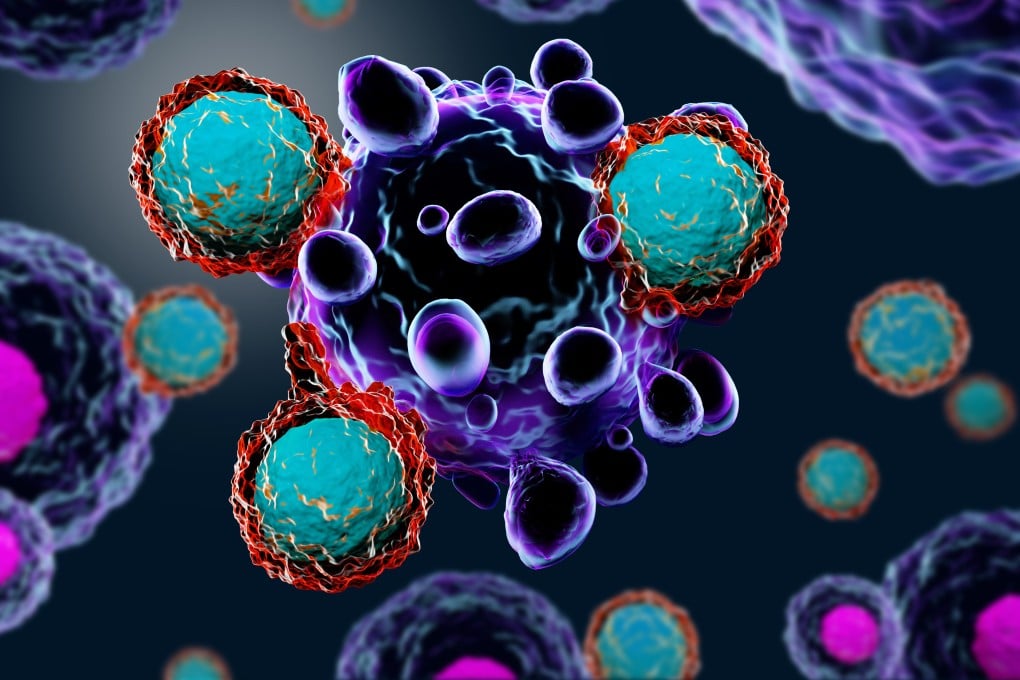Chinese study finds new CAR-T therapy may be safe, low-cost option
- Three patients with autoimmune diseases successfully treated with general purpose version of a therapy used to treat blood cancers

But the cost of the therapy is prohibitive. After it was first approved in the United States in 2017, commercial CAR-T therapies now cost between US$370,000 and US$530,000, not including hospital fees and drugs to treat side effects, according to a March paper in Nature.
The treatment is highly specialised and personalised, which is why it remains so expensive. It involves extracting a patient’s T-cells, genetically modifying them and then returning them to the patient’s body.
The new version developed by a team of researchers in Shanghai works a little differently. Called TyU19, it uses T-cells from healthy donors then genetically modifies them. The team said it was a universal medicine, so a batch could be used to treat many patients, greatly reducing the cost.